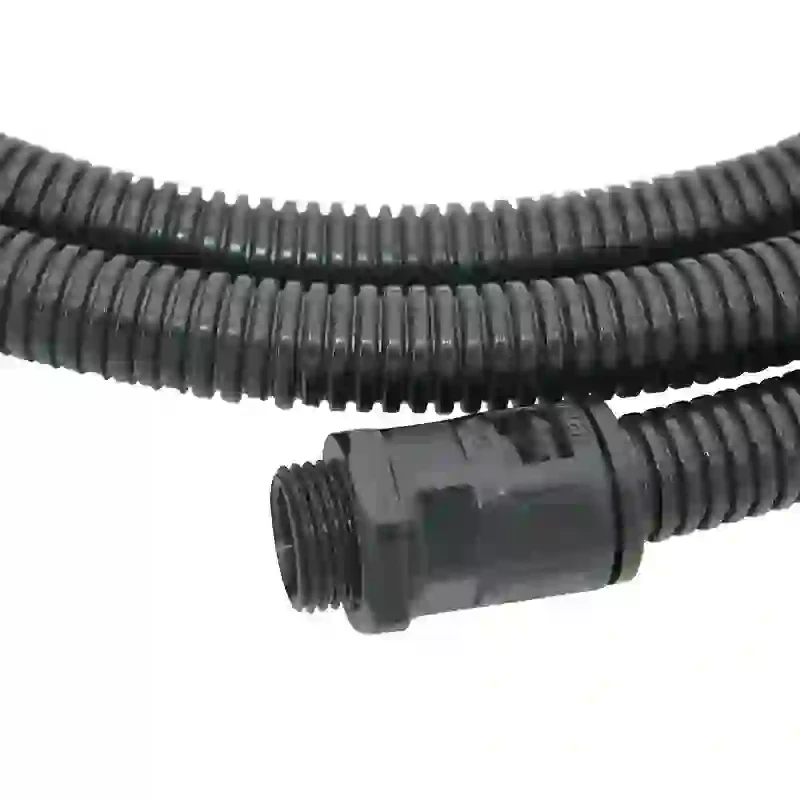Optimizing Efficiency with Advanced Metal Chip Conveying Solutions for Manufacturing Processes
Understanding Metal Chip Conveyor Systems Enhancing Efficiency in Manufacturing
In modern manufacturing environments, the efficient management of metal chips and debris generated during machining processes is crucial. Metal chip conveyor systems provide a robust solution to this challenge, enabling manufacturers to streamline operations, reduce downtime, and enhance workplace safety. This article explores the workings, benefits, and applications of metal chip conveyor systems.
The Importance of Metal Chip Management
In industries such as automotive, aerospace, and machinery manufacturing, machining operations like cutting, drilling, and milling produce a significant amount of metal chips. These chips can be problematic if not managed properly; they can create hazards in the workplace, lead to machine downtime, and even damage equipment if they accumulate. Therefore, effective removal of metal chips is fundamental to maintaining operational efficiency and safety.
Overview of Metal Chip Conveyor Systems
Metal chip conveyor systems are specialized equipment designed to efficiently transport metal chips from the machining area to designated collection points or recycling systems. These systems can significantly improve workflow by automating the chip removal process, reducing reliance on manual labor, and minimizing workplace hazards related to chip accumulation.
There are various types of metal chip conveyor systems, each designed to meet specific needs
1. Drag Chain Conveyors These systems use a series of chains to drag metal chips along a trough. They are durable and ideal for heavy, abrasive materials.
2. Screw Conveyors Utilizing a rotating screw mechanism, these conveyors are effective for transporting metal shavings over short distances. They are particularly useful in confined spaces.
3. Magnetic Conveyors These operate using magnets to attract ferrous metal chips, helping to keep the production area clean and safe from metal debris.
5. Belt Conveyors A versatile solution, belt conveyors can be adapted to transport various types of metal chips and are commonly used due to their simplicity.
metal chip conveyor systems

Benefits of Using Metal Chip Conveyor Systems
Implementing metal chip conveyor systems in manufacturing facilities offers several significant advantages
1. Increased Efficiency Automated chip removal allows for continuous operation of machines, minimizing downtime caused by manual cleaning or blockages. This results in higher productivity levels and more effective use of resources.
2. Enhanced Workplace Safety By reducing the clutter of metal chips on the shop floor, these systems decrease the risk of accidents and injuries related to slips, trips, and falls. They also minimize the potential for equipment damage that can result from chip accumulation.
3. Cost Savings Efficient chip management can lead to significant cost savings. Not only does it reduce labor costs associated with manual chip removal, but it also extends the lifespan of machinery by preventing wear and tear caused by debris.
4. Environmental Considerations Many metal chip conveyor systems can be integrated with recycling systems, enabling manufacturers to recycle metal waste effectively. This aligns with growing environmental awareness and regulations aimed at promoting sustainability in manufacturing practices.
5. Customization and Versatility Metal chip conveyor systems can be tailored to fit specific manufacturing requirements. Whether it’s adapting to different chip materials, volumes, or conveyor lengths, these systems can be configured to suit diverse operational needs.
Applications in Various Industries
Metal chip conveyor systems find applications across various sectors. In the automotive industry, they facilitate the machining of engine components, ensuring efficient chip removal in high-speed production environments. Aerospace manufacturers benefit from these systems by maintaining precision and cleanliness in machining operations. Even smaller workshops utilize these conveyor systems to streamline their production processes, illustrating their versatility and importance across the board.
Conclusion
Metal chip conveyor systems play a vital role in modern manufacturing, addressing the challenges associated with the management of metal chips. By enhancing efficiency, improving workplace safety, and contributing to cost savings, these systems are indispensable to maintaining a productive manufacturing environment. As industries continue to evolve, investing in advanced chip removal systems will remain a priority for manufacturers aiming to optimize their operations and stay competitive in an ever-demanding marketplace. The future of efficient manufacturing is undoubtedly tied to the effective management of metal waste through systems that streamline processes and improve overall productivity.








